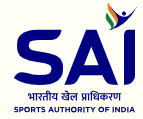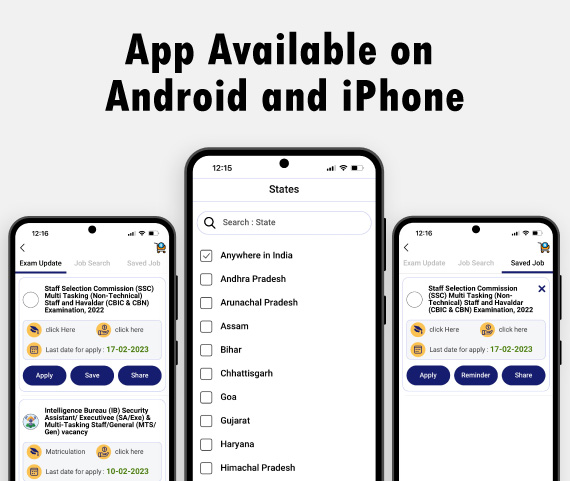Exam Syllabus
1. Reasoning, Numerical Analysis & General Knowledge
Data Sufficiency.
Logical Reasoning and Analytical Reasoning.
Problem-Solving.
Data Interpretation (D.I.).
General Knowledge and Current Affairs relating to India and Rajasthan
2. Data Base Management Systems (DBMS)
Application Development Using SQL: Host Language Interface, Embedded SQL Programming, Stored Procedures and Triggers and Views, Constraints Assertions.
Internal of RDBMS: Physical Data Organisation in Sequential, Indexed Random, and Hashed Files.
Inverted and Multilist Structures, B Trees, B+ Trees, Query Optimisation, Join Algorithm.Transaction Processing, Concurrency Control, and Recovery Management.
Transaction Model Properties and State Serializability.
Lock Base Protocols, Two-Phase Locking.
ER Diagram, Data Models: Relational and Object Oriented Databases.
Data Base Design: Conceptual Database Design.
Normalization Primitive and Composite Data Types.
Concept of Physical and Logical DatabasesData Abstraction and Data Independence, Data Aggregation and Relational Algebra.
3. Data Communication and Computer Networks
Computer Network Architecture, Circuit Switching, Packet And Massage Switching, Network Structure.
Physical Layer, Data Link Layer, Framing.
Retransmission Algorithms.Multiple Access and Aloha.
CSMA/CD and Ethernet.
High-Speed LANs and Topologies.
Broadcast Routing and Spanning Trees.
TCP/IP Stack.
IP Networks and the Internet.
DNS and Firewalls.
Intrusion Detection and Prevention.
Transport layer and TCP/IP.
Network Management And Interoperability
4. System Analysis and Design (SAD)
System Analysis: Feasibility Study Requirement Analysis, Cost Benefit Analysis, Planning Systems, Analysis Tools and Techniques.
System Design: Design Fundamentals, Modular Design, Data and Procedural Design, Object Oriented Design.
System Development: Code Documentation, Program Design Paradigms, Efficiency Consideration.
Verification, Validation, and Testing: Testing Methods, Formal Program Verification, Testing Strategies.
Software Maintenance: Maintenance Characteristics, Maintainability, Maintenance Tasks and Side Effects
System Concept: Definition and Characteristics, Elements and Boundaries, Types of System Development Life Cycle, Recognition of Needs, Feasibility Study, Prototyping Role of System Analyst.
System Planning and Tools Like DFDData Dictionary, Decision Trees, Structured Analysis, and Decision Table.
IPO Charts, Structured Walkthrough, Input Output form Design, Requirement and Classification of Forms, Layout Considerations Form Control.
Object Oriented Design Concepts and Methods.
Software Life Cycle, Software Engineering Paradigms.
5. Programming Concepts
Introduction: Internet, Java as a Tool for Internet Applications, Byte Code and Its Advantages.
Object Oriented Programming and Design: Review of Abstraction, Objects, and Other Basics, Encapsulation, Information Hiding, Method, Signature, Classes and Instances, Polymorphism, Inheritance, Exceptions, and Exception Handling concerning Object Modeling, Coupling, and Cohesion in Object-Oriented Software.Object Oriented Design – Process, Exploration and Analysis.
Java Programming Basics: Variables and Assignments, Input and Output, Data Types and ExpressionsFlow of Control, Local Variables, Overloading Parameter Passing, ‘this’ Pointer, Java Object Oriented ConceptsUse of File for I/O, Formatting Output with stream Functions, Character I/O, Inheritance, Public and Private Members, Constructors for Initializations, Derived ClassesFlow of Control Arrays – Programming with Arrays, Arrays of Classes, Arrays as Function Arguments, Strings, Multidimensional Arrays, Arrays of Strings, Vectors, Base classes.Introduction to JSP, RMI, Java Applets and Servlets.
Introduction to DotNet Framework and Visual Programming Interface




